Underwater avalanches are trapping microplastics in the deep ocean
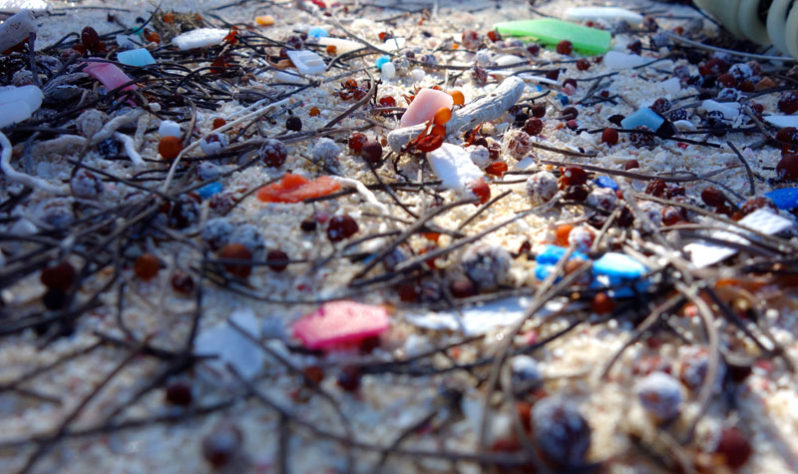
A collaborative research project between the Universities of Manchester, Utrecht, and Durham, and the National Oceanography Centre has revealed for the first time how submarine sediment avalanches can transport microplastics from land into the deep ocean.
Microplastics found in a quarter of San Diego estuary fish
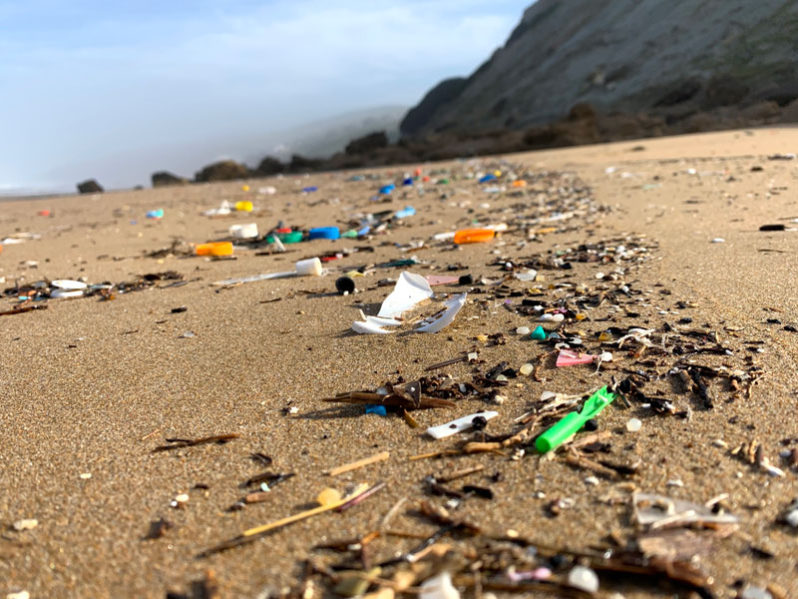
Nearly a quarter of fish collected from a San Diego stream contain microplastics. The study, which examined plastics in coastal sediments and three species of fish, showed that the frequency and types of plastic ingested varied with fish species and, in some cases, size or age of fish.
Is a world without trash possible?
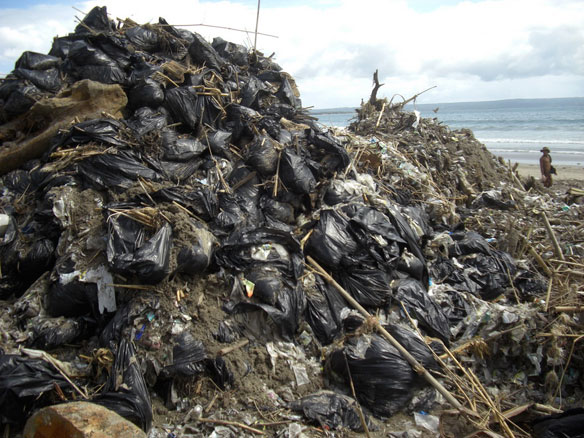
The vision of a “circular economy”—where we use resources sparingly and recycle endlessly—is inspiring businesses and environmentalists alike.
Cars that eat paradise
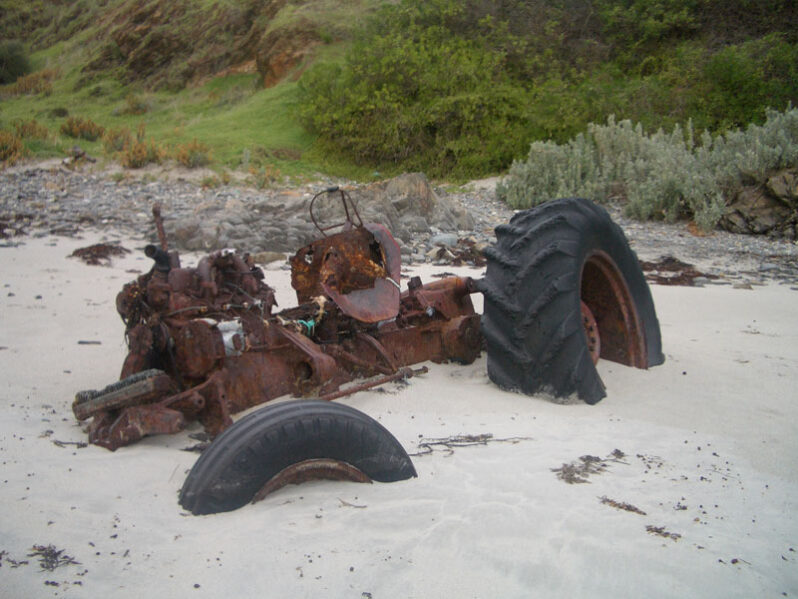
While known for pristine beaches and blue skies, Pacific Islands are also polluted with thousands of man-made monuments: rusting cars, trucks and other wreckage.
A plasticene lexicon
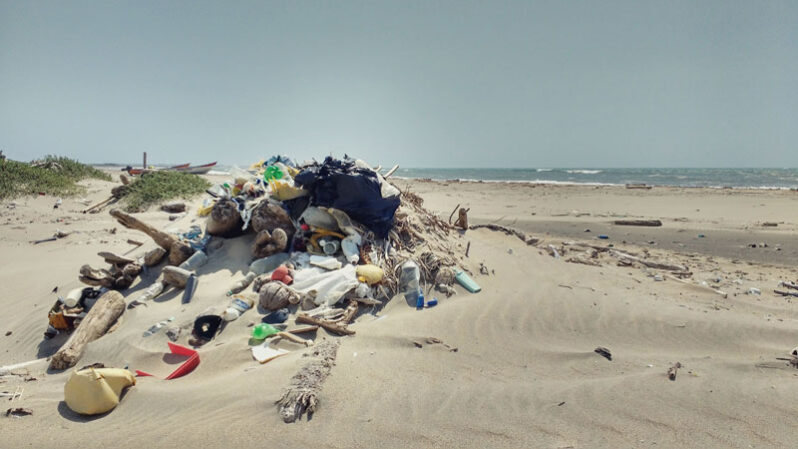
As plastic pollution in the environment has increased rapidly in the last half century, so too has the study of the effects of plastic on marine, aquatic and terrestrial ecosystems. From this research, a series of new terms has emerged to describe the phenomena unique to the presence of plastic-based materials in nature.
New European rules aim to end throwaway culture
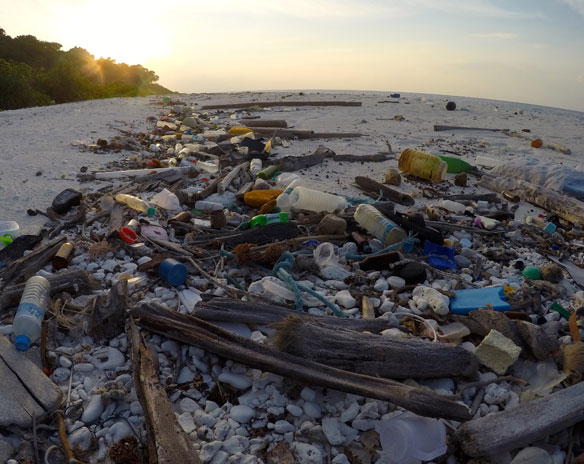
The European Commission has announced a plan to require manufacturers to make products that last longer and are easier to repair and reuse — an attempt to curb the “throwaway culture” that has fueled greenhouse gas emissions, resource extraction, and pollution. The new rules would take effect by 2021.
Discarded single-use face masks clutter Hong Kong’s beaches
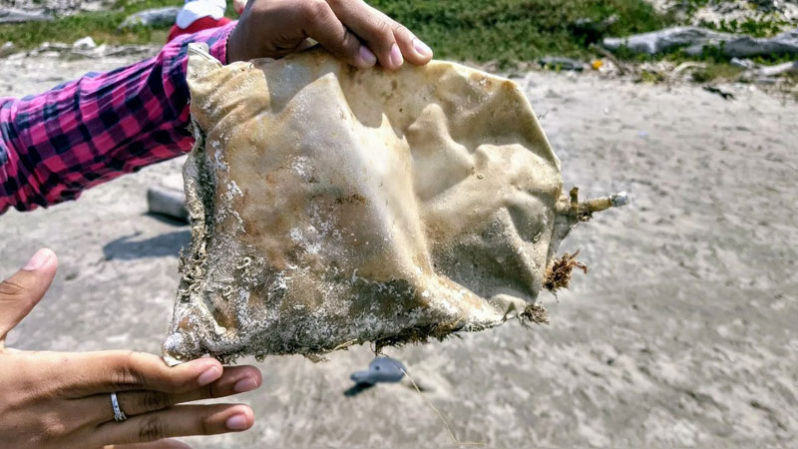
Discarded face masks are piling up on Hong Kong’s beaches and nature trails, with environmental groups warning that the waste is posing a huge threat to marine life and wildlife habitats.
Planet Plastic: How Big Oil and big soda kept a global environmental calamity a secret for decades
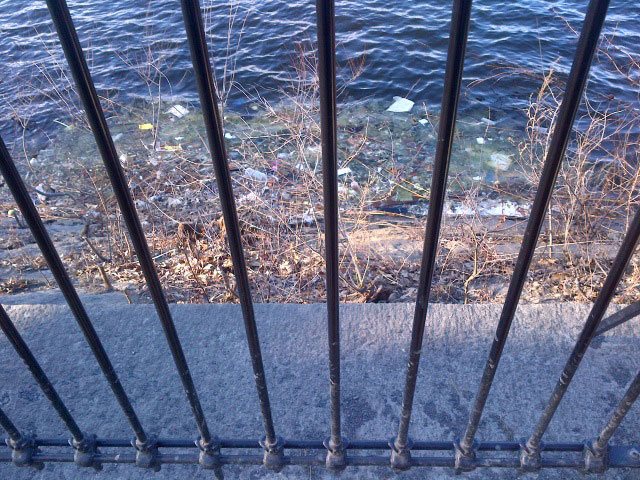
Every human on Earth is ingesting nearly 2,000 particles of plastic a week. These tiny pieces enter our unwitting bodies from tap water, food, and even the air.
For decades, scientists puzzled over the plastic ‘missing’ from our oceans – but now it’s been found

Of all the plastic that enters Earth’s oceans each year, just 1% has been observed floating on the surface. So where is the rest of it?
